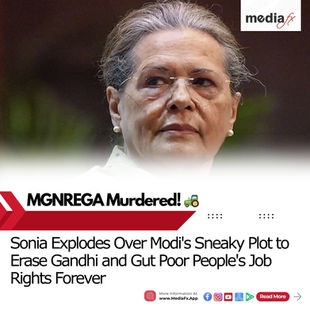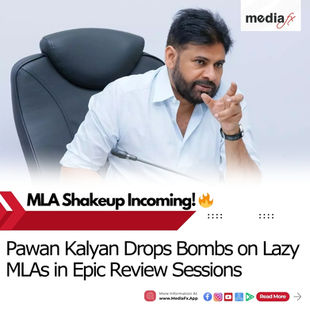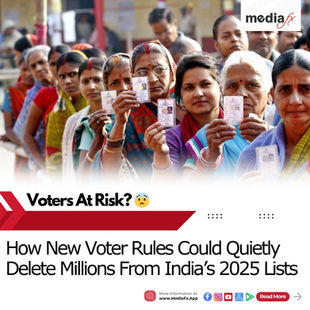😱 Insurers Caught Off‑Guard as Both Policyholders & Nominees Die in AI Crash!
- MediaFx

- Jun 18, 2025
- 2 min read
TL;DR: After the June 12 Air India AI 171 crash near Ahmedabad, insurers are facing serious hurdles settling claims because in many tragic cases, both the policyholder and their nominee died in the same accident 😞 IRDAI has stepped in, asking insurers like LIC, HDFC Life, New India Assurance, Tata AIG, Bajaj Allianz, Iffco Tokio to waive formalities, appoint nodal officers, and fast‑track payouts—even if both insured & nominee perished. Families of Class‑I heirs (like children) are now being considered for payouts, with some exceptions to general rules being made to ease the process .

🧩 What’s Going Down?
Massive loss of life: 241 onboard and 29 on the ground lost their lives.
Dual tragedy cases: Insurers report many instances where both policyholder and nominee are deceased—e.g., husband nominated wife and both died; group insurance covered both.
IRDAI steps up: Issued a June 14 circular – insurers to cross-check against official passenger lists, skip formalities like FIR/postmortem, and appoint nodal officers for speedy payouts.
Help desks activated: At Ahmedabad Civil Hospital and beyond, insurers like LIC, HDFC Life, New India Assurance, etc., have set up desks to assist families with claim paperwork.
🧾 How Are Insurers Handling It?
Successor rules: If both insured and nominee died, insurers now look to Class I heirs (children) for claim settlements—several requiring declarations and indemnity bonds.
Procedural relaxations: LIC accepts official government records or compensation proof instead of death certificates; no FIR or postmortem needed.
Maritime & cargo payouts: For instance, The New India Assurance settled a ₹6.5 lakh marine cargo claim.
Lots of cases in play: LIC has already received 10 life policy claims, Tata AIG has 7, Iffco Tokio sees at least 1 case with missing nominee, Bajaj Allianz handling a few travel claims—all in different processing stages.
💰 What This Means for Families
Faster release of funds: Special desks and waived formalities mean quicker payouts—some families have already received travel insurance and cargo settlements .
Help in hardship: Government nodal officers and IRDAI support are easing the burden for grieving families with reduced paperwork and official support .
Process for children heirs: In tragic dual‑loss cases, insurers look to children as rightful claimants—though they may need to sign declarations or submit bonds.
Montreal Convention cover: Aside from insurers, airlines must compensate under international law—Air India already committed Rs 25 lakh interim + ₹1 crore ex‑gratia per family.
✊ MediaFx Opinion:
This disaster exposes not just the negligence in aviation safety but also systemic insensitivity in crisis support. Big insurers responded only under regulatory pressure—showing profit often trumps compassion. A socialist, working‑class lens demands proactive, no‑strings support: immediate financial aid, full waivers of documentation, automatic relief for children, and permanent nodal teams in every catastrophe zone. True egalitarian justice means companies prioritize human dignity over paperwork bureaucracy.
💬 What do you think? Should the government mandate billion-rupee payouts upfront in disasters? Drop a comment!













































